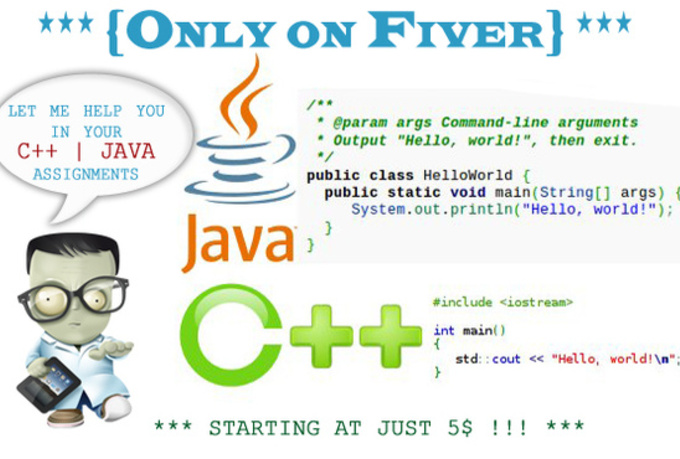
Simple
1. My First Java Program: Print a Message "Hello World"
2. Java program to swap two numbers
3. Java program to swap two numbers without using temp variable
4. Java program to convert given number of days into months and days
Loops
1. Java program to check whether a number is prime or not
2. Java program to find sum of digits of a number
3. Java program to find whether a number is armstrong or not
4. Java program to display multiplication table of any number
5. Java program to check whether a given number is palindrome or not
6. Java program to find factorial of given number
7. Java program to reverse a given number
8. Java program to print fibonacci series
Array
1. Java Program to Find Smallest and Largest Element in an Array
2. Java Program to Find Union of two Arrays
3. Java Program for Addition of two Matrices
4. Java Program for Multiplication of two Matrices
Sum of Series

1. My First Java Program: Print a Message "Hello World"
2. Java program to swap two numbers
3. Java program to swap two numbers without using temp variable
4. Java program to convert given number of days into months and days
2. Java program to find sum of digits of a number
3. Java program to find whether a number is armstrong or not
4. Java program to display multiplication table of any number
5. Java program to check whether a given number is palindrome or not
6. Java program to find factorial of given number
7. Java program to reverse a given number
8. Java program to print fibonacci series
4. Java Program for Multiplication of two Matrices
2. Java program to swap two numbers
3. Java program to swap two numbers without using temp variable
4. Java program to convert given number of days into months and days
Loops
1. Java program to check whether a number is prime or not2. Java program to find sum of digits of a number
3. Java program to find whether a number is armstrong or not
4. Java program to display multiplication table of any number
5. Java program to check whether a given number is palindrome or not
6. Java program to find factorial of given number
7. Java program to reverse a given number
8. Java program to print fibonacci series
Array
1. Java Program to Find Smallest and Largest Element in an Array
2. Java Program to Find Union of two Arrays
3. Java Program for Addition of two Matrices
2. Java Program to Find Union of two Arrays
3. Java Program for Addition of two Matrices
4. Java Program for Multiplication of two Matrices

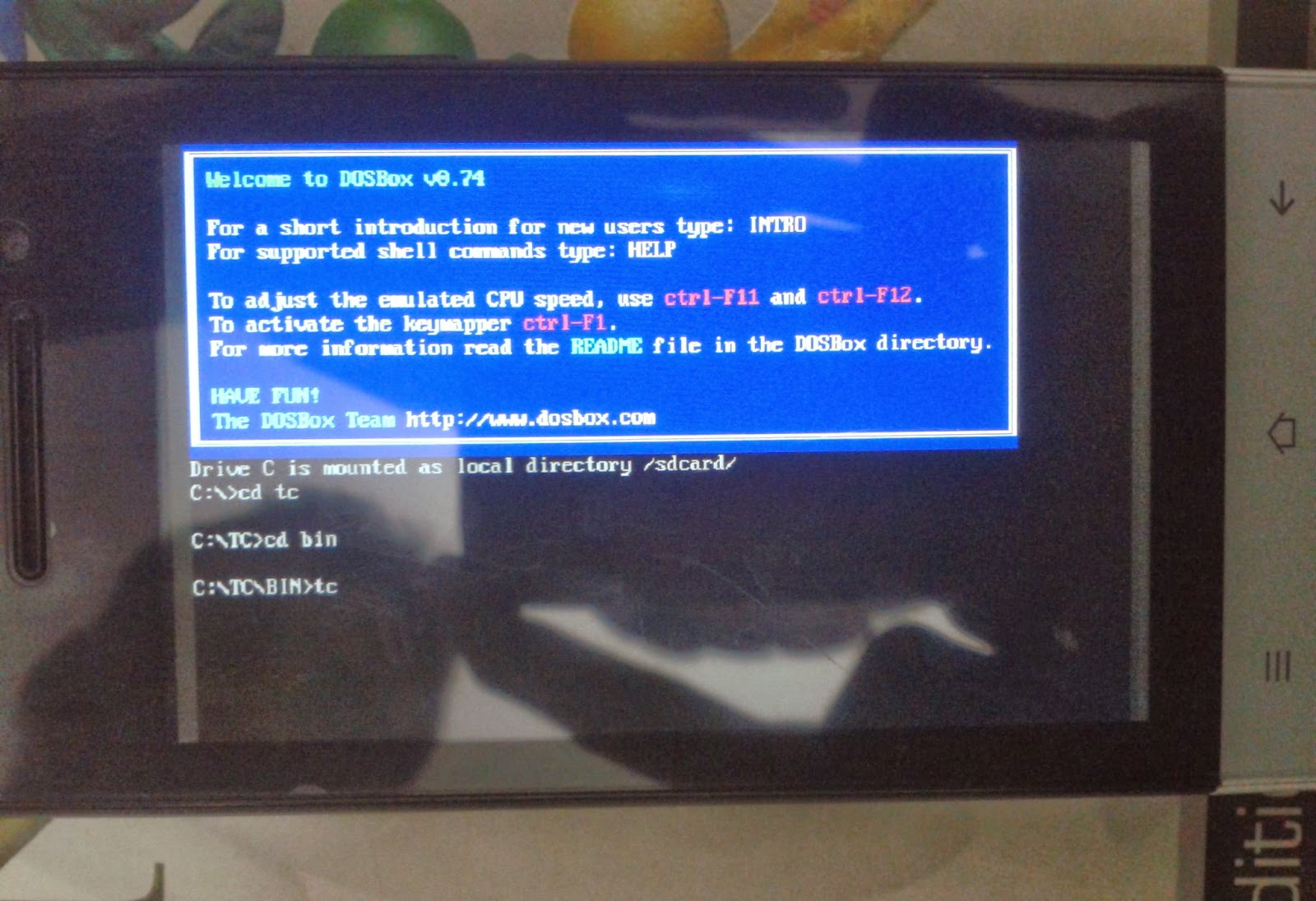
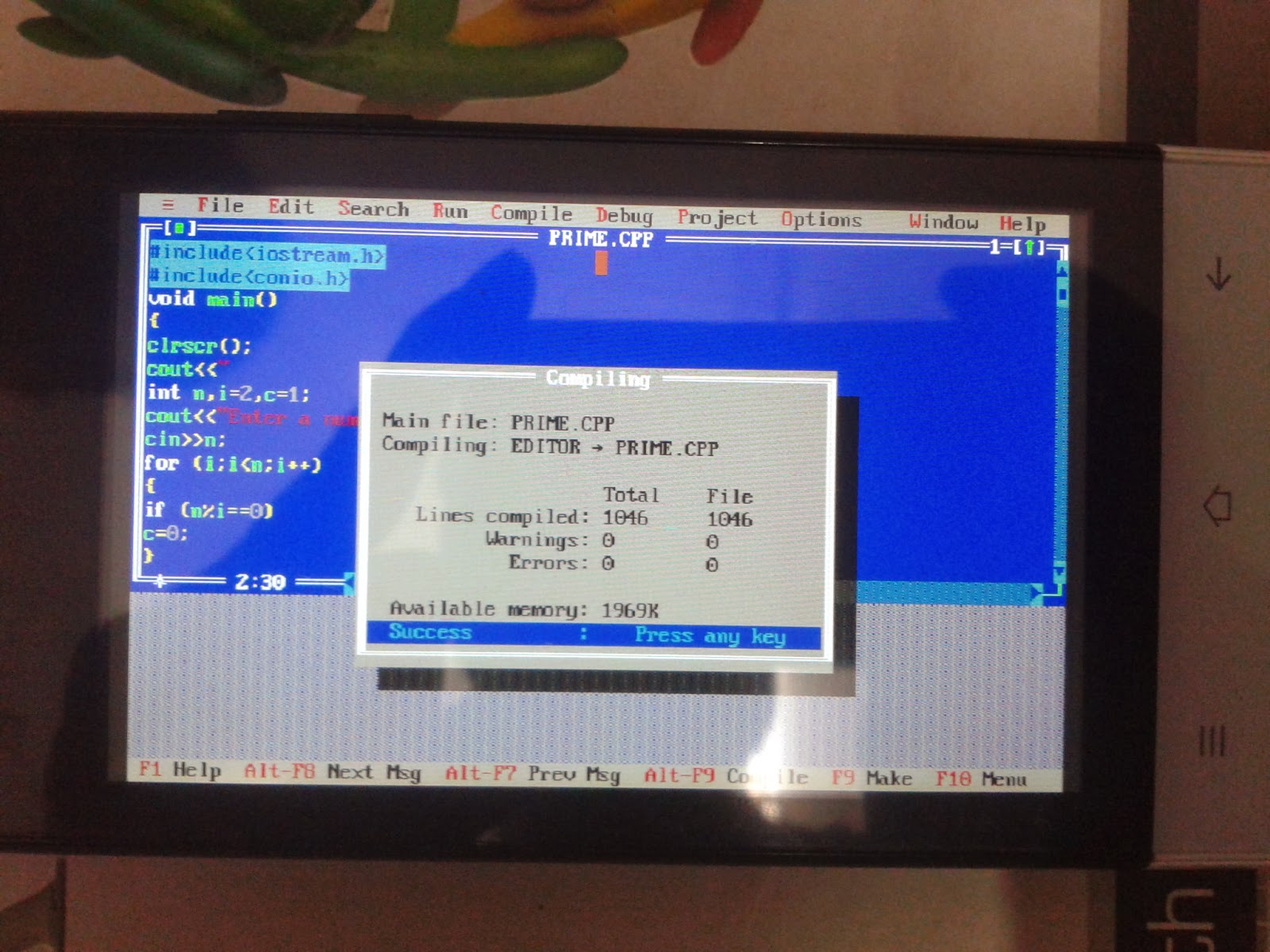







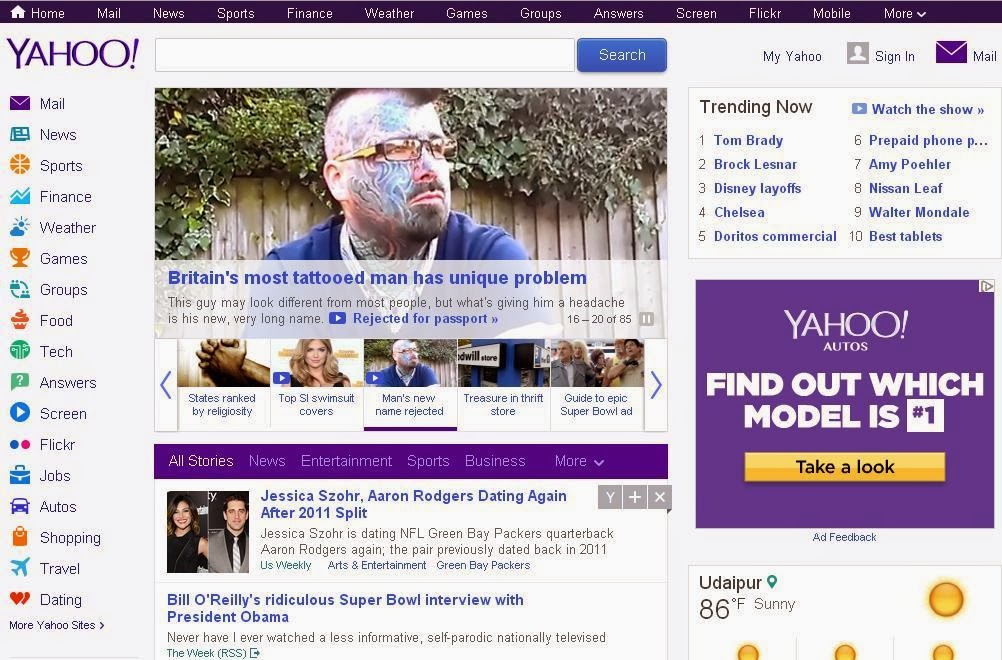






















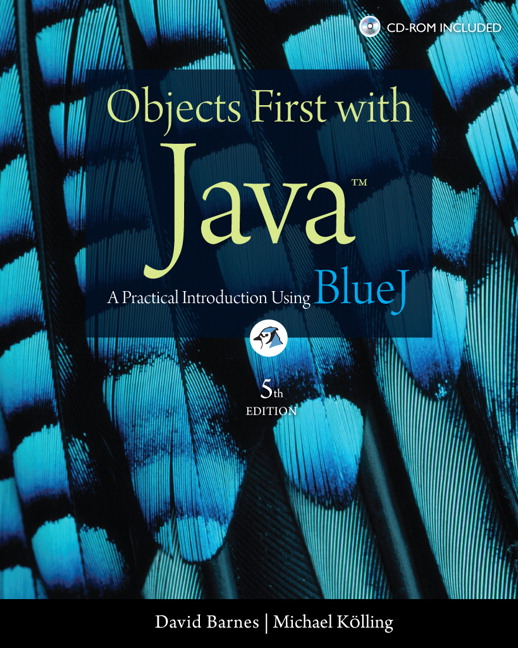









.jpg)




